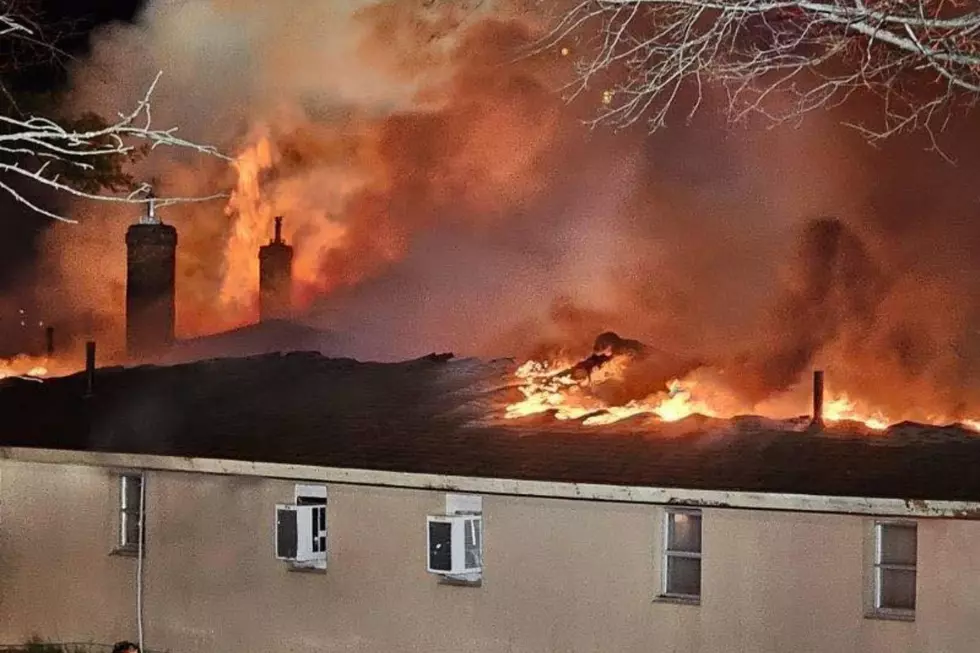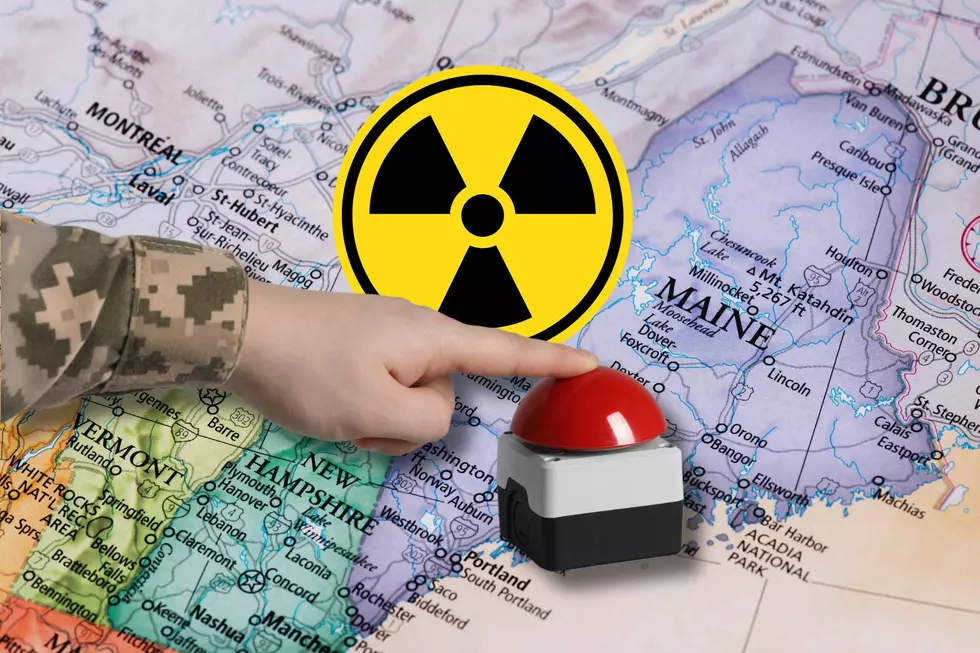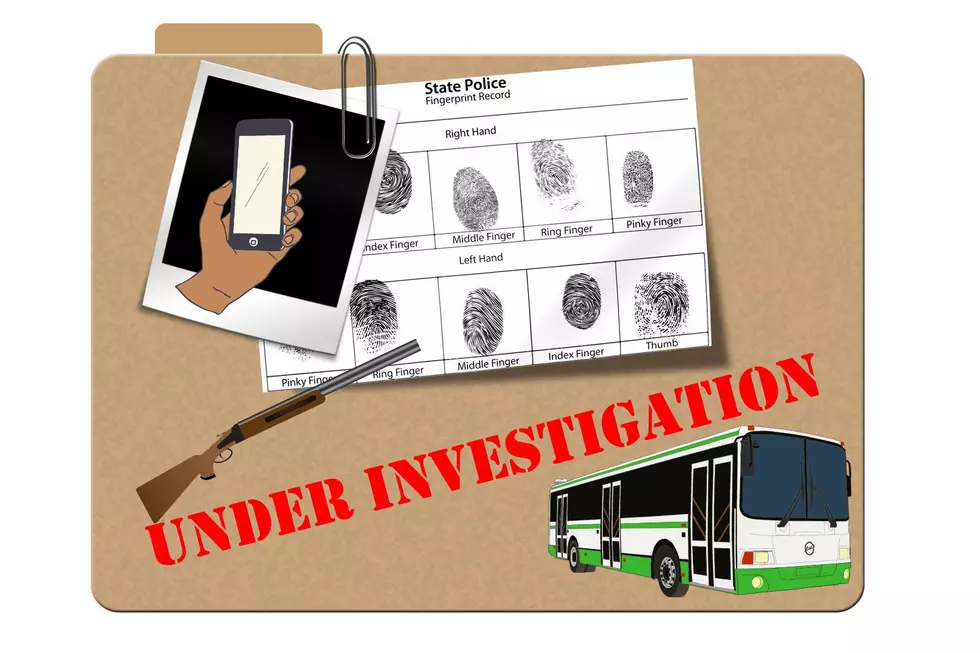
Maine Looking To Shift Cost Of Recycling To Businesses
Recycling is a noble idea, and for awhile it seemed like most Maine towns were on track to help reduce the carbon footprint we leave with some very robust recycling programs.
Personally I remember when we had like 6 or 7 different bins to recycle all the different items. Supplemented by tax payers the recycling programs varied quite a bit depending on the community you lived in.
Many of the plastic items were bought and shipped to China however in 2018 they banned most of those imports. You may have noticed many items that you use to recycle are now just added back into the regular household trash destined for incinerators or landfills.
There have been some smaller ambitious recycling centers that have popped up but most have also closed almost as fast due to cost considerations. It simply isn't profitable to recycle many items.
Of course this leads to an ethical question in terms of recycling but how are we to offset the costs without always passing it along to taxpayers?
According to a bill in Maine that is looking to pass, the costs will instead be passed on to companies instead of individual taxpayers.
According to an article by The Washington Post, EPR's, or extended producer responsibility programs are the norm in all European countries, and several Canadien Provinces.
The bills sponsor, Rep. Nicole Grohosk, a democrat from Ellsworth says
“We have to face this problem and use our own American ingenuity to solve it”
Perhaps this a wake up call to us all to take a more vested interest in addressing the issue, and also spreading the cost load to many of the businesses producing the produces that require the recycling.
What say you? How should we handle the ever increasing need to reduce our solid waste footprint for a better tomorrow?

LOOK: Stunning vintage photos capture the beauty of America's national parks
LOOK: The most expensive weather and climate disasters in recent decades
More From









